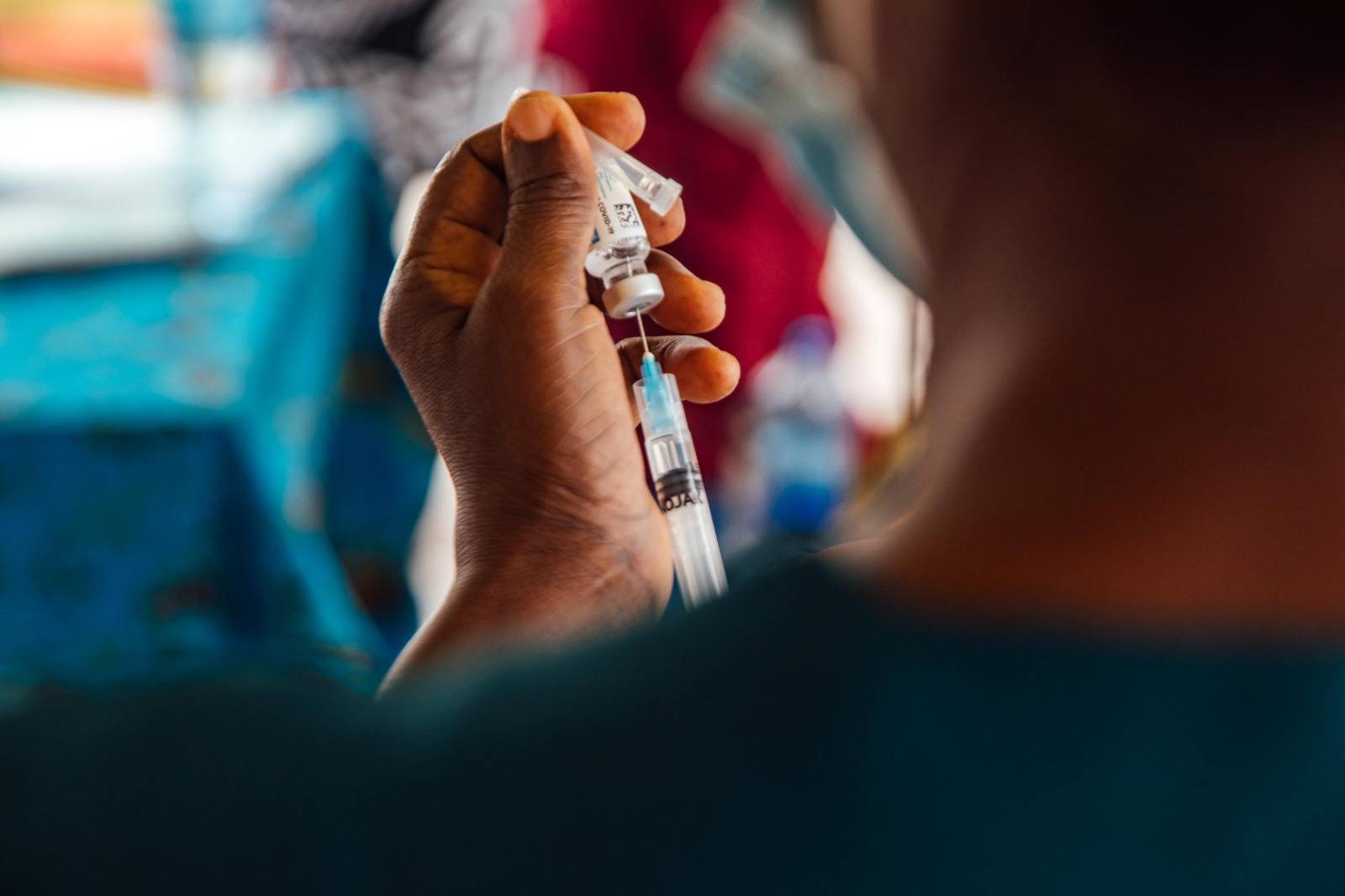- Empty cart.
- Continue Shopping
The Importance of Vaccination: What You Need to Know

Introduction
Vaccination is one of the most effective ways to prevent diseases and has revolutionized public health since its inception. It not only protects individuals but also communities by reducing the spread of infectious diseases. Despite its proven effectiveness, there are still misconceptions and hesitancy surrounding vaccines. This article aims to shed light on the importance of vaccination and what you need to know to make informed decisions for yourself and your community.
What is Vaccination?
Vaccination is the process of introducing a vaccine into the body to stimulate the immune system’s response against specific diseases. Vaccines contain weakened or inactivated forms of pathogens, or parts of pathogens, that trigger the immune system to produce antibodies. These antibodies help the body recognize and fight the actual disease if it ever encounters it in the future.
Types of Vaccines
- Live-Attenuated Vaccines: Made from a weakened form of the virus or bacteria. Examples include measles, mumps, and rubella (MMR) vaccine.
- Inactivated Vaccines: Made from a killed or inactivated form of the virus. Examples include the polio vaccine.
- Subunit, Recombinant, Polysaccharide, and Conjugate Vaccines: Made from pieces of the virus or bacteria. Examples include the HPV and whooping cough vaccines.
- Messenger RNA (mRNA) Vaccines: A new type of vaccine that uses genetic material to instruct cells to create a protein that triggers an immune response. Examples include the COVID-19 vaccines by Pfizer-BioNTech and Moderna.
Why Vaccination is Important
Individual Protection
- Reduces the risk of contracting diseases.
- Lessens the severity of diseases if contracted.
Community Protection (Herd Immunity)
- Protects those who cannot be vaccinated due to medical reasons.
- Reduces the overall incidence of diseases, making outbreaks less likely.
Economic Benefits
- Reduces healthcare costs associated with treating preventable diseases.
- Increases productivity by reducing sick days.
Common Concerns and Myths
Vaccine Safety
- Vaccines undergo rigorous testing and are continuously monitored for safety.
Autism Link
- Multiple studies have debunked the myth that vaccines cause autism.
Natural Immunity
- Natural infection often causes more severe symptoms and complications compared to vaccination.
When to Get Vaccinated
- Infancy and Childhood: Follow the recommended immunization schedule.
- Adulthood: Keep up with booster shots and vaccines for diseases like influenza and pneumonia.
- Travel: Get vaccinated for diseases prevalent in your travel destination.
- Pregnancy: Some vaccines, like the flu and whooping cough vaccines, are recommended during pregnancy.
Conclusion
Vaccination is a cornerstone of public health, offering a safe and effective way to prevent a wide range of diseases. It is crucial for both individual and community well-being. By understanding the importance of vaccines and addressing common concerns, we can work towards a healthier future for everyone.








